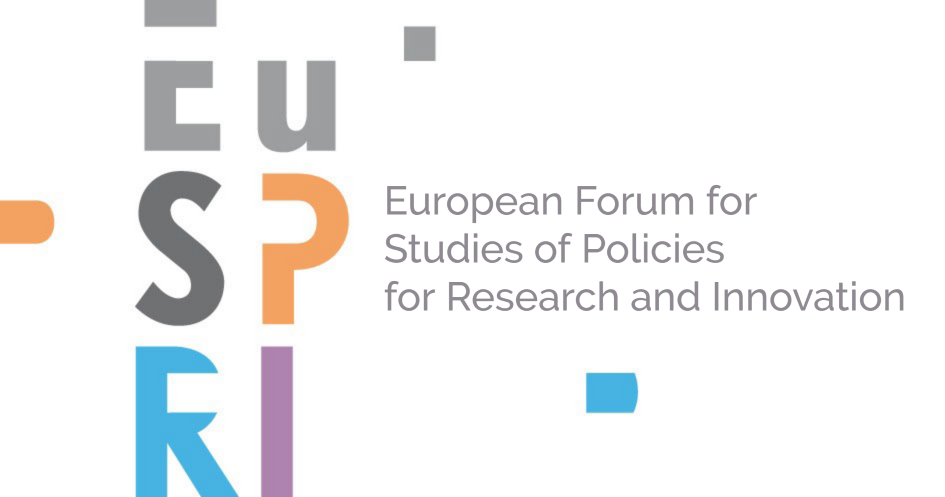Contact person: Bundgaard, Lasse (Wien (AT) AIT – Austrian Institute of Technology)
Between Industrial policy and mission-oriented innovation policy: Navigating transformative change between competing policy ambitions
Authors: Barbara Hedeler, Lasse Bundgaard, Matthias Weber, Carolina Resende Haddad, Wolfgang Polt, Elvira Uyarra
Keywords: mission-orientation, transformation, transformative policies, policy mixes
Abstract
Driven by ambitious transformative policy agendas, mission-orientation has become an increasingly influential approach in innovation policy in recent years. Several EU member states as well as the European Commission have adopted and pursued both transformative and accelerator missions of various kinds, and often as part of their research and innovation policies (Lamprecht et al. 2024). While they are struggling with the implementation of mission-oriented policies and with the governance challenges they bring about, equally targeted, ambitious and innovation-centred approaches are pursued in other policy fields, too, though not necessarily under the flag of ‘missions’, in particular in regional policy (Miedzinski et al., 2021; Flanagan et al. 2023) and industrial policy (Criscuolo et al. 2022). These policy fields with their respective regional and sectoral focuses are crucial for enabling the wider uptake of mission-oriented solutions developed under the umbrella of research and innovation policy. So far, however, these policies are often pursued with little reference to each other, following different motivations and rationales and embedded in very different governance structures. For any of these policies to be successful, better coordination and alignment at the interfaces between these policy fields is essential. This concerns various elements of these policy fields: political priority-setting, direction-setting, goals and ambitions, governance structures and procedures for coordination, orchestration, evaluation and sequencing of instruments and their implementation, to mention just a few (Wanzenböck & Weber 2024).
This calls for revisiting the conceptual frameworks underpinning these policy fields, the changes they have undergone in recent years, and the possibilities to enhance their coherence; both in conceptual terms and in practice. Starting from the notion of policy mixes (Rogge and Reichardt 2016), the sessions aim at bringing together recent approaches, empirical findings, and practical experiences of industrial, regional and innovation policy with an explicit or implicit mission-orientation, and in particular combinations thereof. Specific attention shall be paid to the tensions between these policies, but also to cases where synergies could be successfully leveraged.
Theoretical contributions to this track are equally welcome as empirical ones, but also emerging strategies and forward-looking contributions. Papers shall address one or several of the following questions:
Conceptual frameworks
• What novel conceptual frameworks are available to guide policy design and implementation at the intersection between the three policy fields of ‘new’ industrial policy, smart ‘mission-oriented’ specialisation and mission-oriented innovation policy?
• What gaps and deficits exhibit existing frameworks? What room for improvement can be identified?
Policy mixes
• What can we learn from past and ongoing transformations about the rationale, design and sequencing of such policies, what are critical junctures or turning points in the transformation process?
• How can industrial, regional and innovation policies be leveraged to address root causes critical challenges and other intervention points related to the uptake of mission-oriented and related solutions?
• What portfolios of instruments have been developed and implemented, and how have they been harmonised?
Cross-government, multi-level and whole-of-government approaches
• What governance frameworks and coordination mechanisms are needed to ensure cross-government and multi-level coherence in aligning the three policy fields?
Recent empirical and experimental findings
• What insights can different approaches, or the combination thereof, provide regarding the temporal aspects of systems change, the potential impacts of interventions and adaptive management by facilitating continuous learning and adjustment of intervention strategies?
Strategic intelligence
• What new forms of foresight, monitoring, evaluation and policy learning have been developed to support coherence, effectiveness and directionality of mission-oriented policy mixes?
• Are there any attempts to model the interplay between these policy fields? What experiences have been made with these in informing policy? How have they been used and embedded in mission governance?
Format: This track foresees full and early-stage research paper sessions with a concluding panel discussion. The panellists will be chosen based on the quality and relevance of the submitted abstracts.
